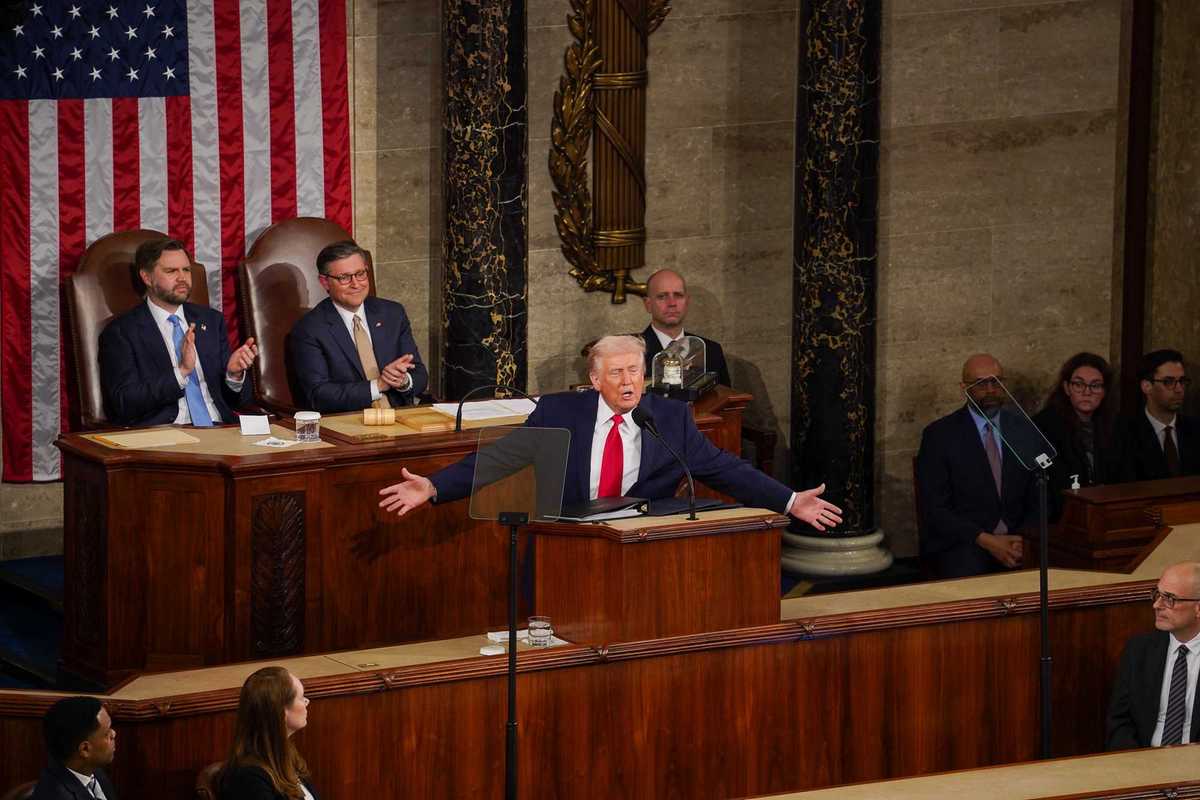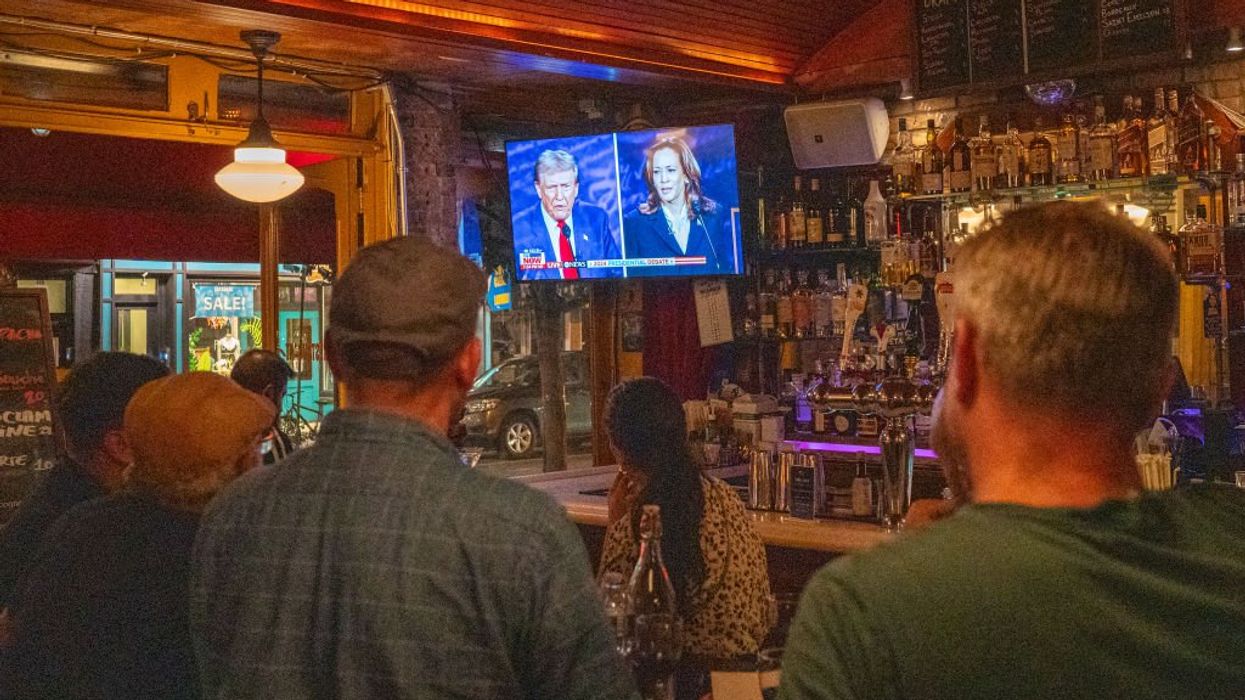Ever watched the movie Contagion? Produced in 2011, this thriller tells the story of how a virus, brought to the U.S. by a woman who returns from a Hong Kong business trip, sparks a global pandemic. The film was inspired by the Nipah virus, one of over 200 known zoonotic diseases, meaning illnesses that originate in animals and can spill over to humans.
In the film, actress Kate Winslet plays the role of an Epidemic Intelligence Officer, a specialized scientist deployed on the frontline of a health emergency to track, monitor, and contain disease outbreaks. Her character embodies the kind of experts that the Department of Government Efficiency (DOGE) abruptly sacked on Valentine’s Day at the Centers for Disease Control and Prevention (C.D.C.).
Established in 1951, the Epidemic Intelligence Service (EIS) is a globally recognized, two-year epidemiology program that has trained over 4,000 “disease detectives,” who are equipped to respond to a wide range of public health challenges and emergencies. Once trained, these scientists are often hired by state or county health departments to strengthen local health systems in disease surveillance and to respond to public health emergencies. However, it remains unclear whether the “disease detectives” program may ultimately be spared, thanks to a President’s Day uproar from alumni of this globally recognized program managed by the C.D.C. But, regardless of which program is gutted, experts contend that the damage to global health security is already done.
“One of the main functions of CDC is international. For example, during the 2014 West Africa Ebola outbreak, this agency was instrumental in containing Ebola in Nigeria,” shared Dr. Dennis Carroll, chair of the Global Virome Project and former director of the USAID’s Pandemic Influenza and other Emerging Threats Unit.
“Now that we have eliminated our foreign assistance and are prohibiting CDC from speaking and collaborating with WHO, our ability to control these events at their point of origin will be immensely compromised. Six months out, we're going to start seeing the consequences of not having a robust infrastructure, resources in place, and global coordination.”
Another critical program for global health security that saw at least 20 layoffs on Valentine’s Day was the Laboratory Leadership Service (LLS), a sister initiative to EIS, aimed at building the capacity of public health laboratory research. People trained through this program, launched in 2015, support rapid response to disasters and investigate emerging health threats. They help to detect harmful fungal infections, improve diagnostics and therapeutics for rabies, cholera and HIV (to name just a few), and re-establish lab operations after a hurricane or a tornado.
“Even though this program does not have the legacy of EIS, the competencies it builds are especially important in the early phases of an outbreak investigation when laboratories must work with speed and accuracy,” said Carroll. “If nothing else, during COVID-19, we witnessed how inadequate laboratory capabilities can put us behind the curve in terms of response.”
Under the premise of saving U.S. taxpayer’s dollars, Americans may be deprived of scientists trained to protect them against the spread of infectious diseases and food-borne illnesses, at a time when the country is facing multiple public health threats. Seasonal influenza is at an all-time high in America, with up to 23 million hospital visits for the flu and at least 370,000 hospitalizations, according to the CDC.
Americans are also facing outbreaks of Bird flu, tuberculosis, and measles. The CDC declared that the measles was eliminated in the U.S. in 2000, thanks in part to an effective vaccine that became available in 1963. In 2024, 33 states reported 286 measles cases—most of them among unvaccinated people—and Texas is currently experiencing one of the worst measles outbreaks in the 21st century in America. Public health cannot be taken for granted. It is a long game that requires steady investments.
“Disrupting operations without a plan or vision on such a large scale inevitably introduces inefficiencies in places where speed protects the public’s health,” said Dr. Katelyn Jetelina, editor of Your Local Epidemiologist newsletter on Substack. “It often takes time to see the on-the-ground impact of high-level policy changes.” Though not policy changes per se, these layoffs are a sledgehammer to evidence-based public health initiatives.
Dr. Omer Awan, a physician and Forbes contributor, warns that firing frontline workers will cripple disease surveillance and endanger global health. Rapid response to emerging diseases depends on a well-trained workforce but eliminating specialists at the CDC weakens our ability to deploy investigators to hotspots and be ready for future pandemics. Fewer scientists dedicated to gathering and analyzing scientific data will hinder disease tracking and efforts to combat health disinformation.
Not to mention the issue of bioterrorism, or the intentional release of biological agents to cause harm to people, livestock, or crops. In 2001, letters with powdered anthrax spores were mailed in the United States, causing 22 infections and five deaths, according to the CDC. EIS officers were the foot soldiers of the government response in 2001. With increasing evidence that artificial intelligence may facilitate the accessibility of biological weapons, who will be our first responders in case of a bioterror attack?
Carroll says that most global health success stories reflect U.S. leadership and that without a robust infrastructure in place, and the resources to sustain it, we are in for a major wake-up call. “Be prepared for a virus that was on the cusp of eradication, like polio, to make a resurgence,” he added. “Forget about new emerging diseases. Think about those that are highly infectious and are making a comeback. I am also talking about the emerging threat posed by the highly pathogenic H5N1 Avian flu virus. If that breaks through, COVID-19 will look like a walk in the park. These actions are not about putting America first, they only ensure America will be last.”
Beatrice Spadacini is a freelance journalist for the Fulcrum. Spadacini writes about social justice and public health.




















